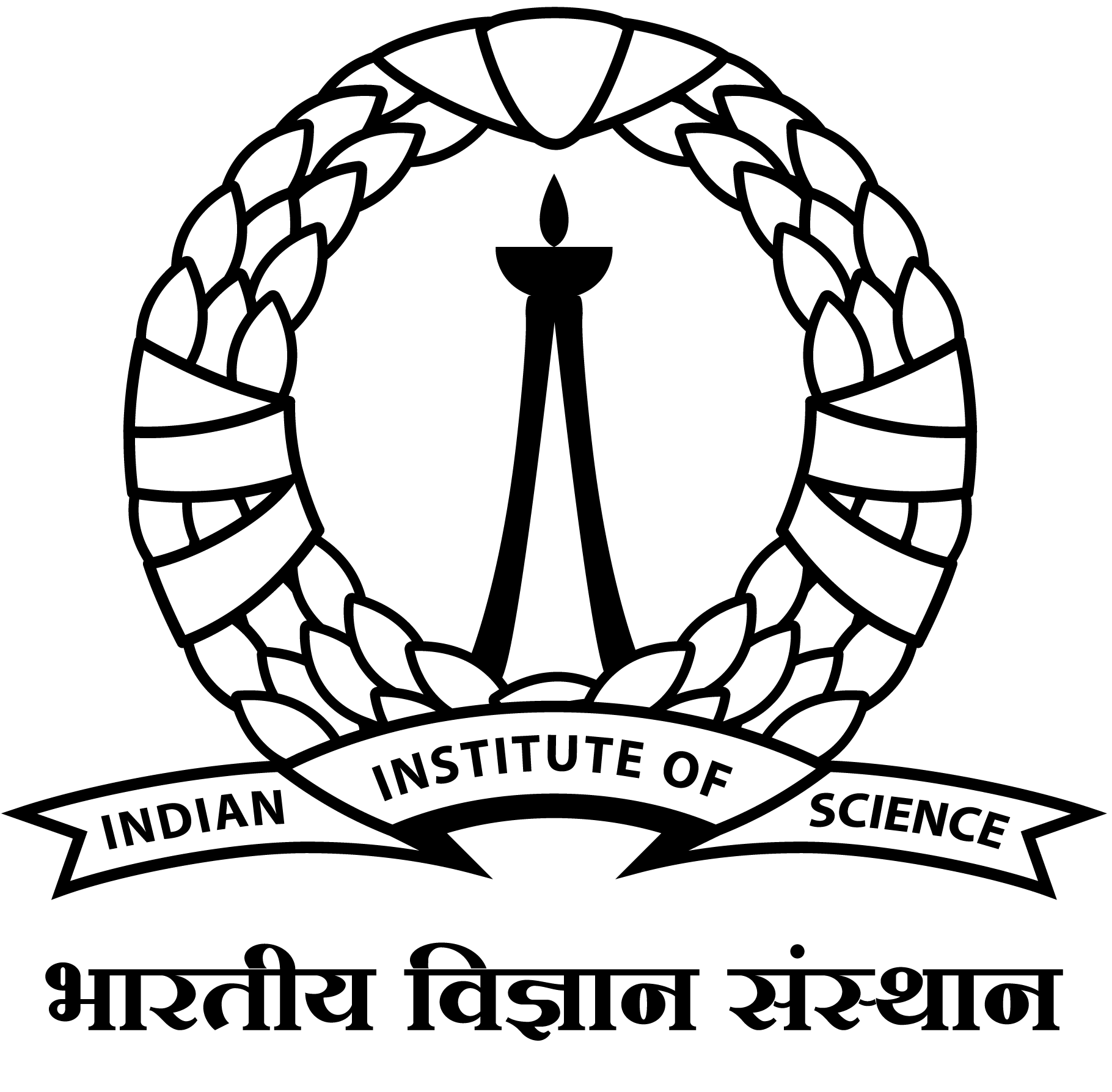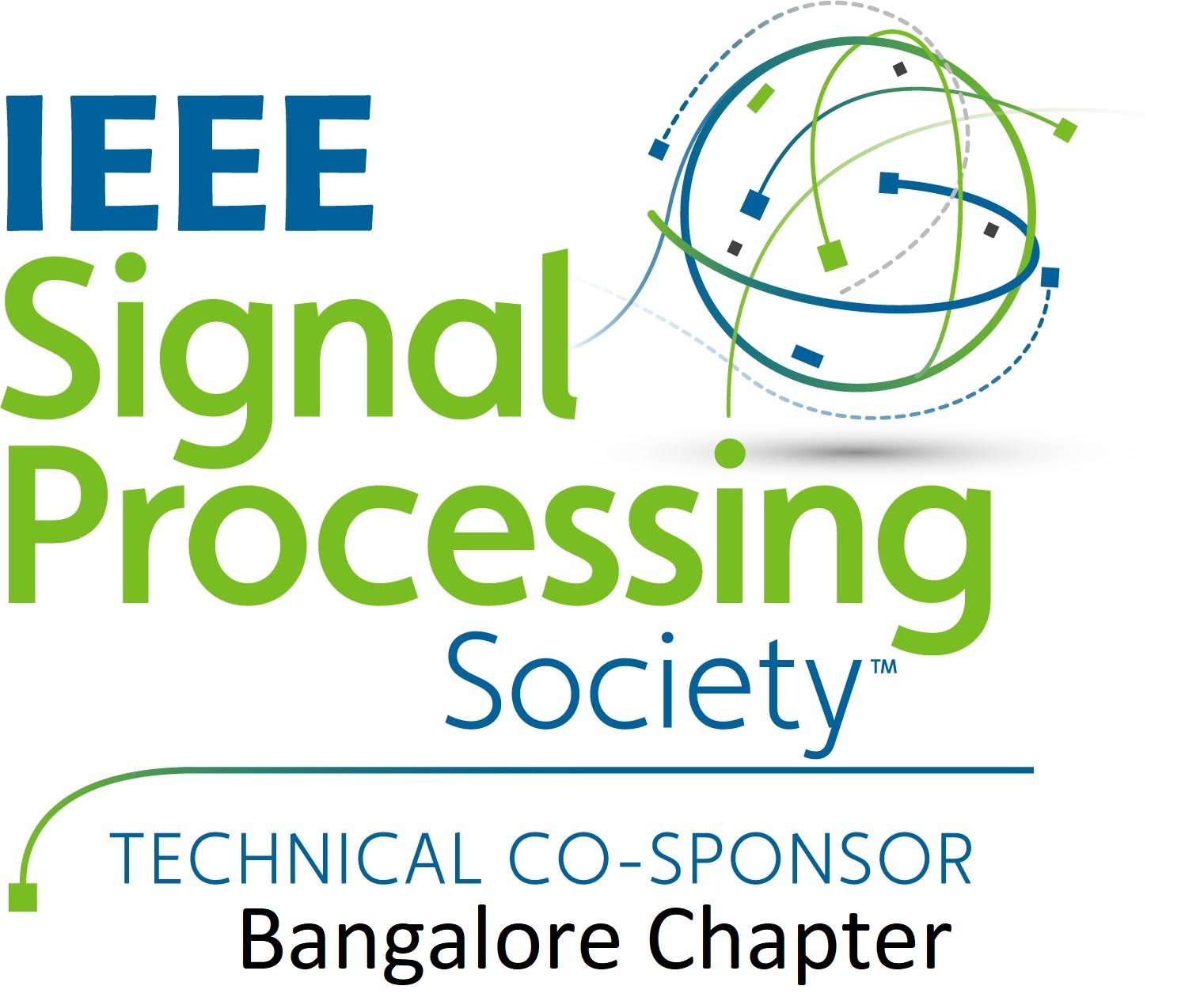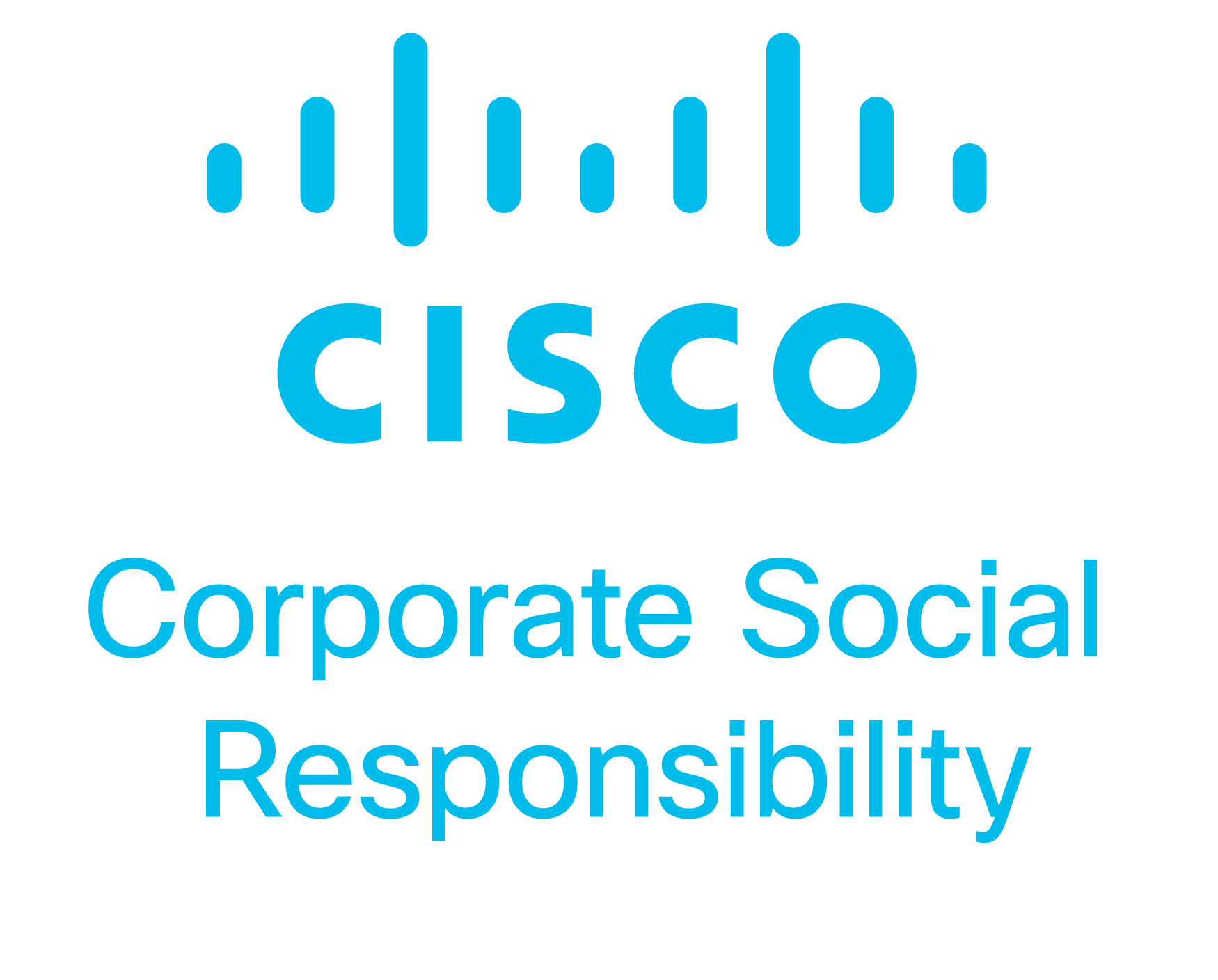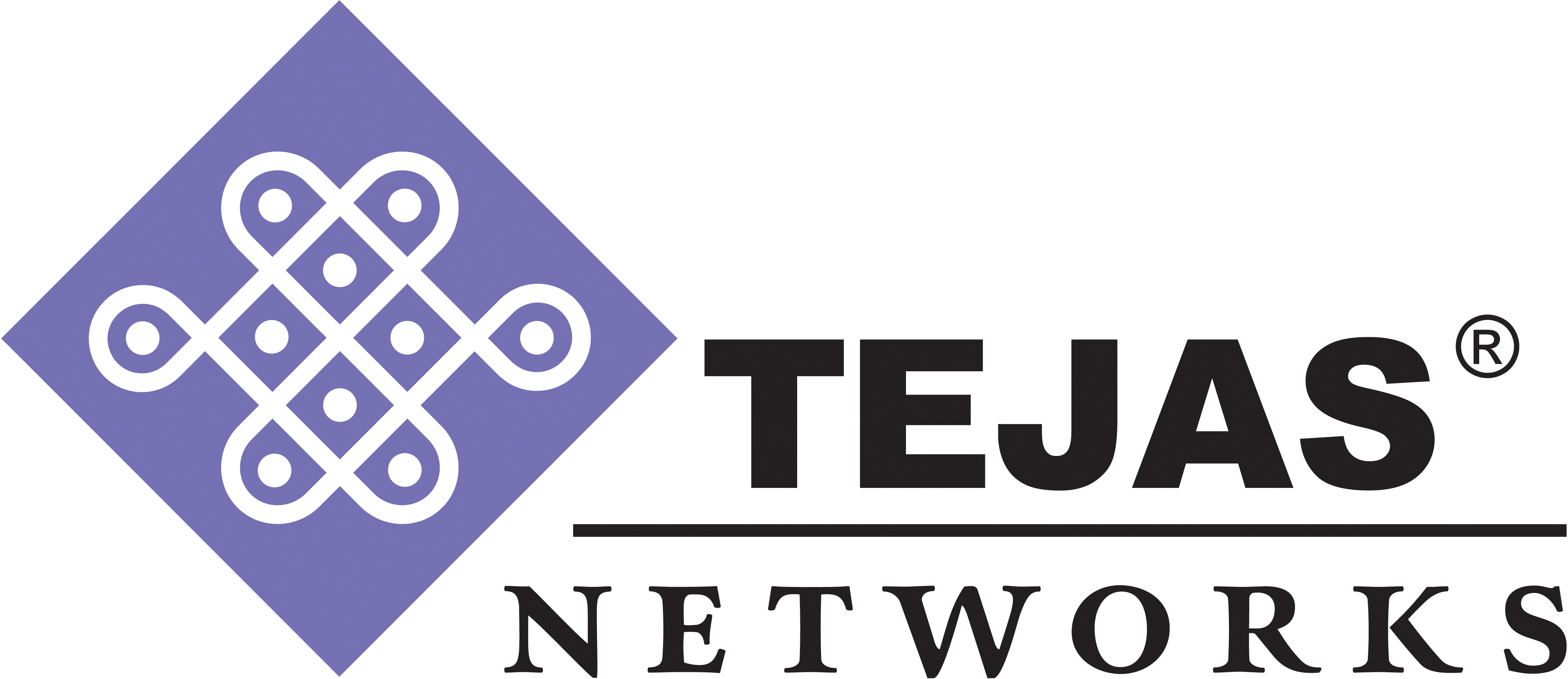











Debdoot Sheet is an Assistant Professor at the Department of Electrical Engineering, jointly with the Centre of Excellence in Artificial Intelligence at the Indian Institute of Technology Kharagpur. He received the BTech degree in electronics and communication engineering in 2008 from the West Bengal University of Technology, Kolkata. MS and PhD degrees from the Indian Institute of Technology Kharagpur in 2010 and 2014 respectively. His current research interests include computational medical imaging, machine learning, high density multilinear algebra, image and multidimensional signal processing, and social implications of technology. He is also a DAAD and Technical University of Munich alumni from 2011-12 batch. He is recipient of the IEEE Computer Society Richard E. Merwin Student Scholarship in 2012, the Fraunhofer Applications Award at the Indo-German Grand Science Slam in 2012, GE Edison Challenge 2013, Distinguished Alumnus of Institute of Engineering and management 2016, Senior Member IEEE 2019. He is a member of IEEE, SPIE, ACM, IUPRAI, BMESI and serves as Regional Editor of IEEE Pulse.
| SPEAKER | TITLE OF THE TALK |
|
Piyush Srivastava (School of Technology and Computer Science, TIFR) |
Evaluating Interventions: An Agent-Based City Scale Simulator |
| Sridhar Chimalakonda
(Computer Science and Engineering, Indian Institute of Technology Tirupati) |
Mood of India During Covid-19 -- An Interactive Web Portal Based on Twitter Data Analysis (https://moodofindia.herokuapp.com/) |
|
Arpan Pal (Tata Consultancy Services Research and Innovation) |
Using Wearable, Robots and Camera – applying Signal Processing & AI in post-COVID Healthcare and Manufacturing industries |
|
Sriram Ganapathy (Department of Electrical Engineering, Indian Institute of Science, Bangalore) |
Can Acoustics Research aid Covid-19 Diagnostics ? |

Piyush Srivastava is a Reader at the School of Technology and Computer Science, Tata Institute of Fundamental Research, Mumbai. His research interests are broadly in the applications of probabilistic ideas in computer science.
Abstract: Modeling the spread of an epidemic in a geographical region requires studying the interplay of three different kinds of data: (1) medical parameters, such as statistics of disease progression, infectiousness and severity in various demographics; (2) demographic data, such as variations in population density, and patterns of mobility of individuals living in the area; and (3) data on large scale non-pharmaceutical interventions, such as mandatory physical distancing, workplace closures, and enforced use of protective gear such as masks. However, even in the theoretically ideal setting where all these pieces of data are known accurately, there still remains the task of understanding the interplay between the pieces so as to compare the effect that various plausible non-pharmaceutical interventions may be expected to have on how the epidemic would evolve. Agent-based simulations, which model the population under study as a collection of interacting agents with properties derived from the above three pieces of data, offer a tool for answering such questions. In this talk, we will present such a simulator developed at IISc and TIFR for modeling the spread of the epidemic in large cities. The simulator allows us to compare the effect of a wide variety of non-pharmaceutical interventions, at varying levels of public compliance. We will describe the modeling assumptions, present some of the numerical results for Mumbai and Bengaluru, and also discuss the relative advantages and disadvantages of agent-based simulation as compared to other ways of modeling the epidemic. This talk is given on behalf of a large team working on the simulator, with team-members based at the Indian Institute of Science, Bengaluru and the Tata Institute of Fundamental Research, Mumbai.

Sridhar Chimalakonda is an Assistant Professor in the Department of Computer Science & Engineering at Indian Institute of Technology Tirupati. Prior to this, he worked as a Visiting Faculty at IIIT Sri City during the last leg of his PhD. He did his PhD and MS by Research in Computer Science & Engineering from International Institute of Information Technology Hyderabad. He leads the Research in Intelligent Software and Human Analytics (RISHA) Lab which primarily works in the area of Software Engineering, and specifically towards empirically and qualitatively assessing quality, reuse, architecture and evolution of a broad range of software systems (such as mobile, web, games and so on). Recently, he steered the development of an innovative game SurviveCovid-19 for Covid19 awareness and Mood of India portal to gauge the mood of people during Covid19 through Twitter analysis.
Finally, he believes that teaching should inspire students beyond grades and jobs, instill foundations for life and push boundaries!
Abstract: Mood of India during Covid-19 - What is the mood of the nation during Covid-19? What is the mood in a specific state? How about a particular city during the janata curfew? or lockdown? What are the emotions of people? This could be of immense importance for various public and private organizations and Governments to take necessary measures. It is here an interactive web portal that aims to display the mood of India during Covid-19, based on real time twitter data analysis (currently has 0.63 million tweets, and updated daily with around 10,000 tweets) using the six basic emotions of Happy, Surprise, Fear, Neutral, Sad, Anger, Disgust. The portal enables users to select date range, specific date and state in India to display mood of people. Also, the number of Covid-19 cases and mood of people at specific cities and states on specific dates is visualized on the country map.

Arpan Pal received both his B.Tech and M.Tech from Indian Institute of Technology, Kharagpur, India in Electronics and Telecommunications and PhD. from Aalborg University Denmark. He has more than 28 years of experience in the area of Signal Processing, Communication, Embedded Systems and Robotics. Currently, as Chief Scientist and Research Area Head, Embedded Systems and Robotics, he is leading a team of 100+ Scientists of TCS Research in the areas of Connected Health, Smart Cities, Smart Enterprises, Smart Manufacturing, Telepresence, Teleoperation & Remote Sensing. His research interests include Cognitive Robotics Systems, IoT Analytics, Signal Processing, Image Processing and AI, and IoT Systems and Networking. He has filed 155+ patents (out of which 75+ granted) and has published 130+ papers and book chapters in reputed conferences and journals. He has also written a complete book on IoT. Prior to joining Tata Consultancy Services (TCS), Arpan had worked for DRDO, India as Scientist for Missile Seeker Systems and in Macmet Interactive Technologies as their Head of Real-time Systems. He has been on the editorial board for reputed journals like ACM Transactions on Embedded Computing Systems, IEEE Transactions on Emerging Topics in Computing and IT Professional Magazine from IEEE Computer Society. He is a Senior Member of IEEE and is engaged in the innovation space in different industry bodies like NASSCOM, CII, BCCI and various start-up accelerators. He is also on the review board of various Govt. initiatives like IMPRINT, CSIR Mission mode initiative etc.
Abstract: COVID-19 has disrupted the human life in more than one ways. While the initial phase of human response has been mostly about containment and the disease, we are slowly realizing that we would need to learn to live with the disease. As countries open up to a "new normal", we see big disruptions happening in the business in different industry verticals. In this talk, we will look into such disruptions in hospitals and factories. We will cover how AI and Signal Processing is helping in these disruption challenges through novel use of wearable, robots, mobiles and camera systems. The solutions include contact tracing, social distance compliance monitoring, wellness monitoring on factory side and health professional health screening and robotic remote patient inspection in hospitals.

Sriram Ganapathy is a faculty member at the Department of Electrical Engineering, Indian Institute of Science, Bangalore and leads the activities of the learning and extraction of acoustic patterns (LEAP) lab, IISc. Previously, he was a research staff member at the IBM Watson Research Center. He received his PhD from the Center of Language and Speech Processing, Johns Hopkins University. His research interests include signal processing and deep learning applied to speech processing and auditory neuroscience. He is a member of the ISCA, a senior member of the IEEE and subject editor for Elsevier Speech Communications. Dr. Ganapathy is a recipient of young scientist awards from DST, DAE and the Pratiksha Trust, IISc.
Abstract: The current gold standard method for COVID-19 detection is the reverse transcription polymerase chain reaction (RT-PCR) testing. However, this method is expensive, time-consuming, and violates social distancing. Also, as the pandemic is surging every day across the world, alternate diagnosis tools which overcomes these limitations, and are deployable at a large scale are in huge demand. The prominent symptoms of COVID-19 include cough and breathing difficulties. Some early efforts show that respiratory sounds, when analyzed using machine learning techniques, can provide useful insights, enabling the design of a diagnostic tool of several respiratory diseases including for Covid-19. Towards this, the talk describes our early efforts in creating (and analyzing) a crowd sourced database, called Coswara, of respiratory sounds, namely, cough, breath, and voice. The sound samples are collected via a website application https://coswara.iisc.ac.in/. This talk will present the opportunities for acoustics research in enabling the creation of a smartphone based tool and the challenges that need to be solved along the way.